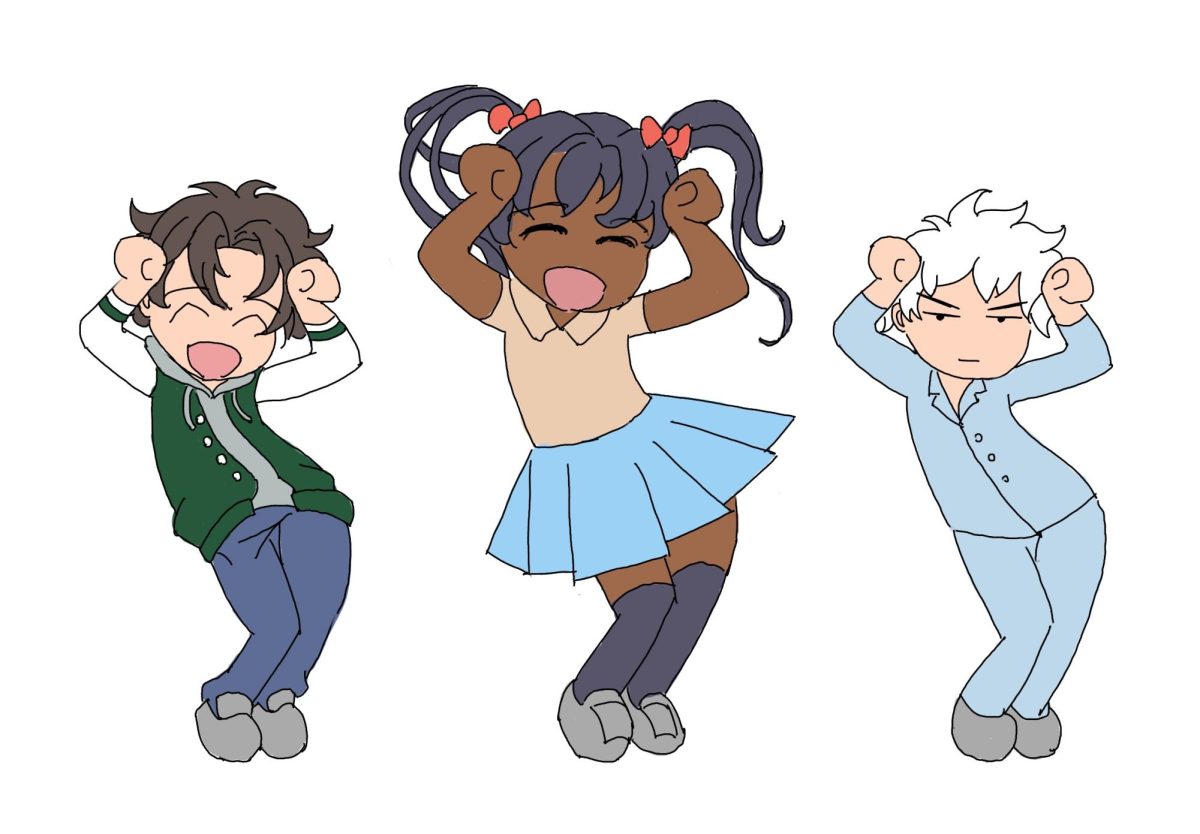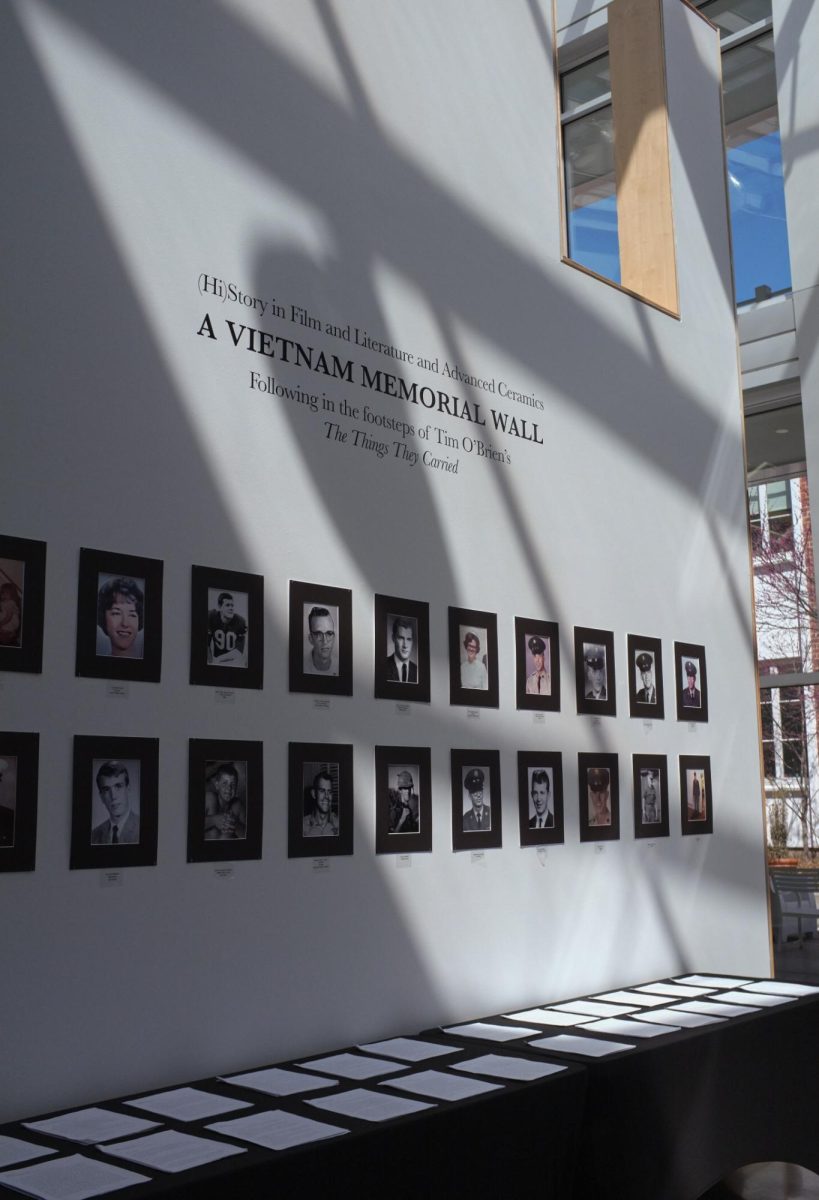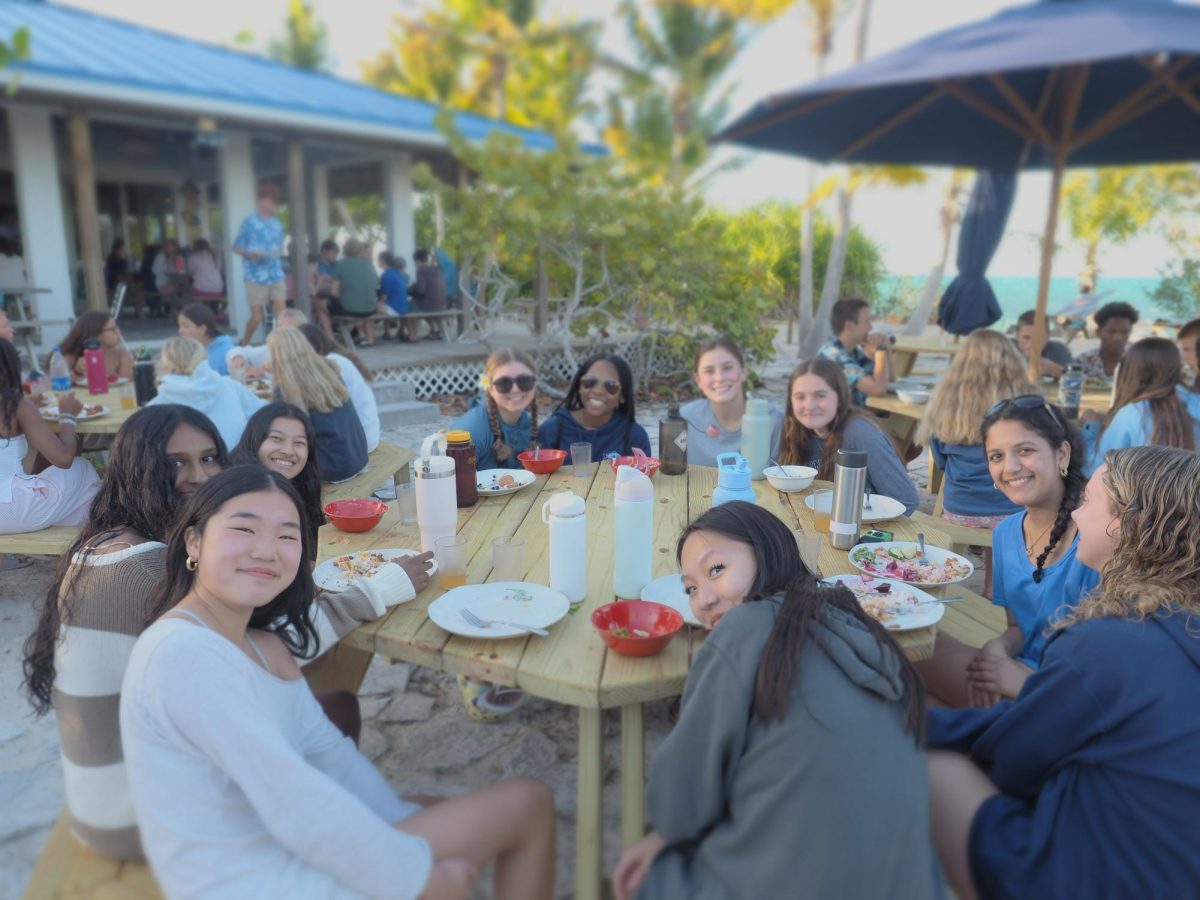Each year, the Peer Group retreat at Fairview Lakes gives freshmen and seniors a chance to bond and relax. Over the span of two days, students participated in outside activities with their peer groups, from Blob Tag to doing lip-sync battles. These moments allow students to develop connections and community with one another.
With no phones and a break from academics, the retreat created an environment where students could focus on forming genuine relationships across grade levels. “Honestly, I didn’t expect that much from the retreat,” recalled Freshman Aria Johnson. “But when you’re with everyone, without anybody breathing down your neck about academics, it makes you truly realize how rare it is to just talk to people without thinking about the next thing you have to do.”
The foundation of the retreat is the peer group system: small groups of freshmen, typically around ten, are paired with a trio of seniors trained to facilitate conversations and support social adjustment. These groups spend time together throughout the entirety of the trip, not only in structured sessions, but also in cabins and during free time. “Being a leader on the retreat definitely changed my perspective compared to freshman year,” explained Senior Casey Kuma. “I truly understood how much work goes into creating an experience like this. Leading was very fun, although sometimes it was challenging—especially when you know that you’re responsible for basically all of the freshmen.” He added, “It felt really nice to know how much the faculty respected us and trusted us with such a big task of making this experience the best it could be for the freshmen.”
The senior leaders played a crucial role in shaping the tone of the retreat—encouraging quieter students to join in, creating group activities, and helping everyone feel at ease. “I felt really proud of our lip-sync dance,” Kuma shared. “Seeing how much effort both the freshmen as well as the leaders put into creating and executing it was amazing. It’s definitely one of my highlights of the retreat.” For many students, the shift in the atmosphere over just two days was noticeable. “I felt like my Peer Group definitely grew when it came to making new connections with one another,” Kuma reflected.
By the end of the Peer Group retreat, students returned to campus with stronger bonds with each other, a deeper sense of community, and a renewed appreciation for the kind of support the Peer Group program aims to provide. “It’s very rewarding to be part of a program that helps make spaces where people feel supported and included,” Kuma concluded. “I’ll always remember how much fun this retreat was, not just for me, but for everyone.” Although the retreat lasted for only two days, its impact will carry through the rest of the year.








